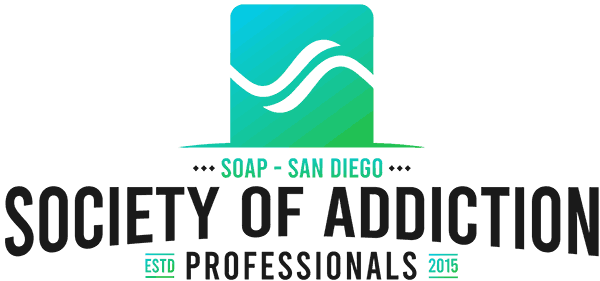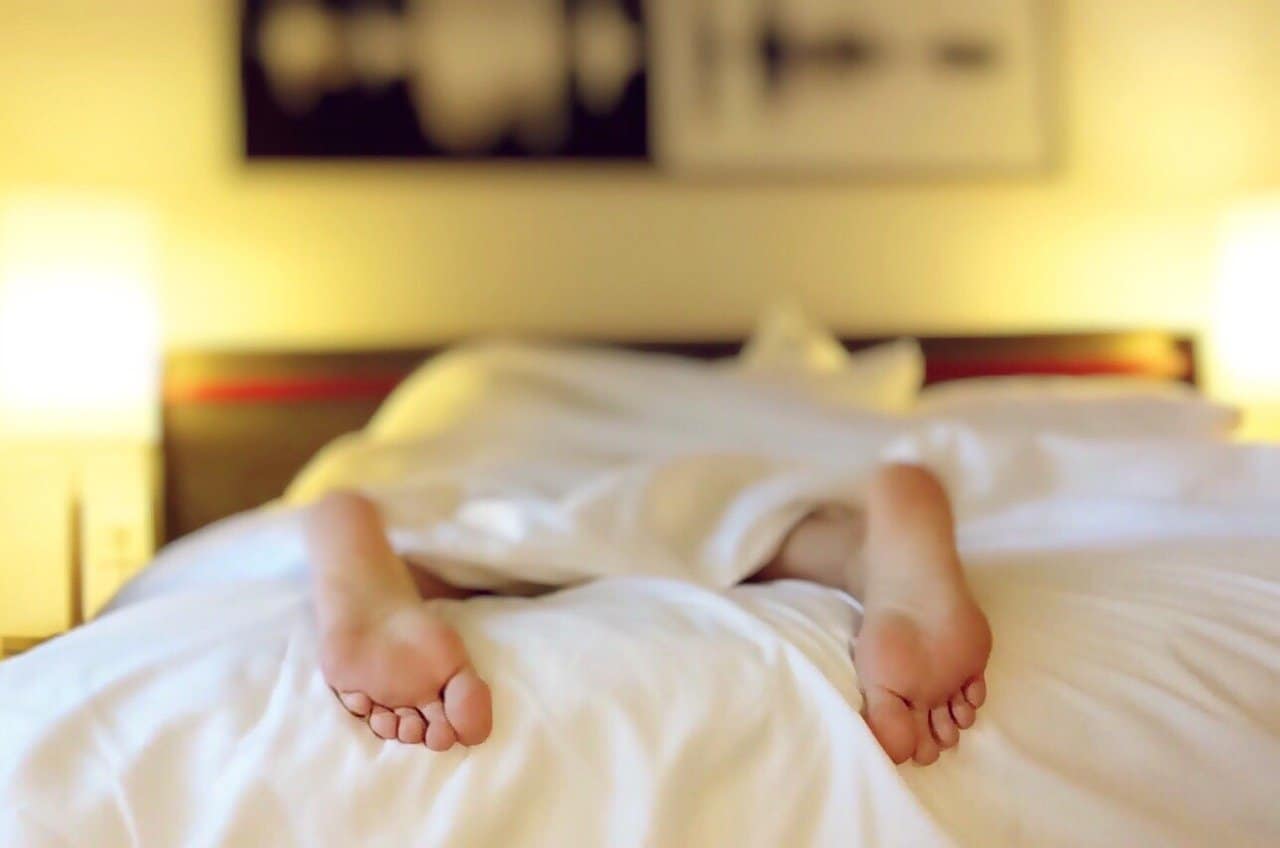What do sleep and well-being have to do with each other? A lot, actually. Many health professionals agree that our sleep patterns, whether we get too much or not enough, can affect both our mood and health day-to-day.
In recovery, you’re often thinking about your mental state. A lot of the 12-step work you do has to do with self-awareness and improvement.
As time goes on, you’ll probably notice that your physical and mental health are intricately connected. After all, the acronym HALT (hungry, angry, lonely or tired) describes two health-related attributes as something you can use as a guide. If you eat too little or sleep too little, your mood is affected.
Attitude and Sleep
There are many symptoms of health problems that can cause a change in your thinking. For example, people with thyroid disorders or other hormone issues find that they may have depression or anxiety. Taking care of your health helps you mentally, as well.
What many people in recovery fail to understand is that as humans, our daily health habits often have an impact on our thinking and mood.
Do you feel cranky when you get too little sleep? Do you have trouble processing emotions or information? These are just a few things that sleep can do you if you’re not getting enough or your sleep quality is poor.
Sleep Quantity and Quality
Scientists used to believe that as humans get older, we need less sleep. More recent research has debunked this idea. All humans need about seven to eight hours of sleep every night. Too little, and we function poorly and are more likely to have difficulty functioning. You’ll be tired during the day and struggle to stay awake. Too much, and we’re more prone to making it a bad habit. Oversleeping is associated with depression and illness.
Some people may go to bed early and still wake up throughout the night. This type of disrupted sleep is common for people who have sleep apnea, grind their teeth, or have other unattended health problems.
The Bottom Line
Sleep is important. If you’re having difficulty getting enough, try going to bed at the same time every night. It takes about a month to alter your patterns. Getting ready for bed at the same time every night helps your body recognize a pattern, so don’t skip your nighttime rituals. If you’re getting too much rest, and you don’t know why, it’s time to visit the doctor.
Mental health issues and stress can cause your mind to race and keep you up at night. Learning breathing techniques and other self-care can help you cope better. It’s also a good idea to avoid caffeine after 3 pm and only use your bed for sleep, not surfing the web or messing around on your phone.
Don’t be ashamed to visit a mental health practitioner or doctor. They can help you deal with these matters safely and confidentially, so you can get the shut-eye that your body and mind need in order to thrive.
About SD-SOAP
The San Diego Society of Addiction Professionals is a coalition of working professionals who work with community leaders, professionals and County members. Our mission is to enhance opportunities for education, interdisciplinary problem solving, and access to resources that can help maximize positive recovery outcomes for individuals and families struggling with addiction issues in the community.

